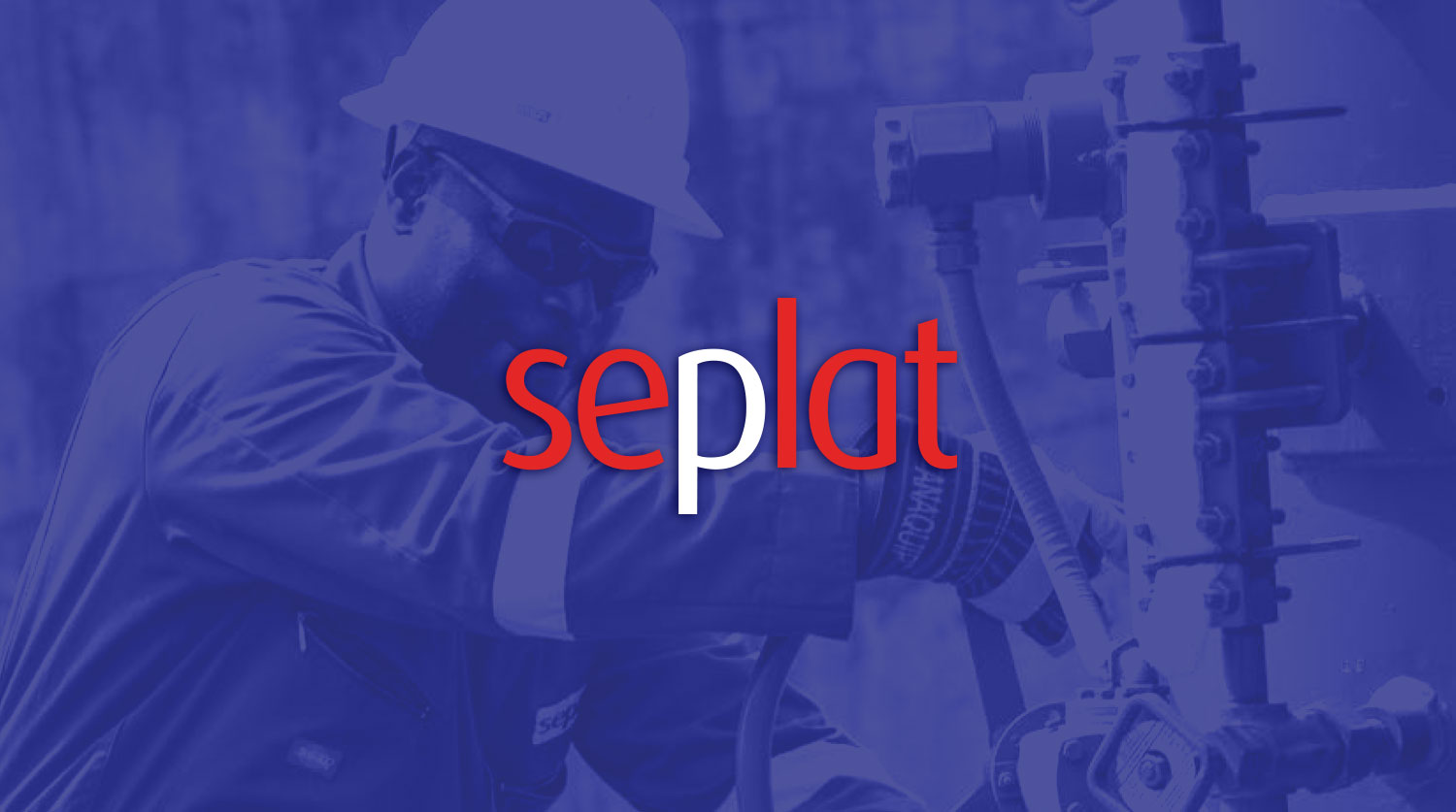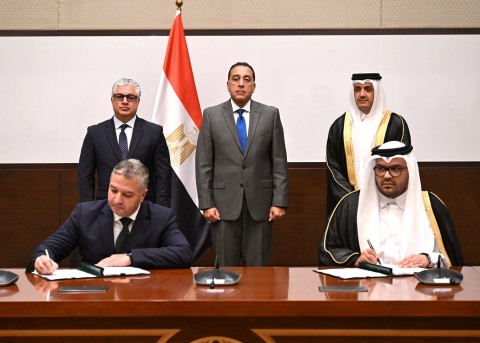Nigerian energy company Seplat (SEPLAT.LG) expects its gas business to contribute around a third to its profits over the next two years, up from less than 10 percent today, as demand for electricity generation in Africa’s biggest economy soars.
CEO Austin Avuru told a Reuters Africa Investment Summit on Tuesday, that the company, which listed in London and Lagos last year, aimed for at least a 20 percent share of the domestic gas market by 2018.
Nigeria privatized its electricity sector 18 months ago, aiming to end decades of blackouts which have hampered economic growth. Most of the plants it sold were gas-fired, operating below capacity due to inadequate gas supply.
Avuru said Seplat aimed to increase gross output from around 120 million standard cubit feet (scuf) per day to 400 million scuf by 2017, as demand for gas in Nigeria rises from 1.2 billion scuf per day to an estimated 3 billion scuf per day by 2017, ten times the 300 million of six years ago.
“By the end of 2017, our target is to … achieve a reserve/production ratio of 20 years,” he said, adding that would mean more than 50,000 barrels of crude and a net gas output of 200 million scuf.
Shares in Seplat on the Lagos bourse (SEPLAT.LG) have gained 27 percent this year but are still down 22 percent from their listing price of 576 naira in April last year.
Avuru said the performance had mirrored the drop in global oil prices. Seplat shares (SEPL.L) were down 1.5 percent on the London stock market on Tuesday at 145.50 pence.
Avuru said Seplat had cut capital spending for 2015 to $300 million, down from the $480 million initially planned, due to the oil price drop. The company would only need to tap capital markets to finance acquisitions, he added.
He said Seplat had finalised the acquisition of a 40 percent stake in OML 53, an onshore oil block, from Chevron (CVX.N), despite an ongoing legal case in which Nigeria’s Brittania-U has sought to block the U.S. company from selling the assets which it says it had paid a deposit to buy.
“We have now been able to move that to closure and Chevron has handed over the asset to us,” Avuru said, adding that the company would be operating the oil block “while we thrash out whatever is left of the litigation.”
Avuru said his company was budgeting for 2015 with an oil price assumption of $50 a barrel, and $60 for 2016 and was not impacted by the devaluation of the local currency because the gas business with naira revenues provided a hedge.
Source: Reuters












